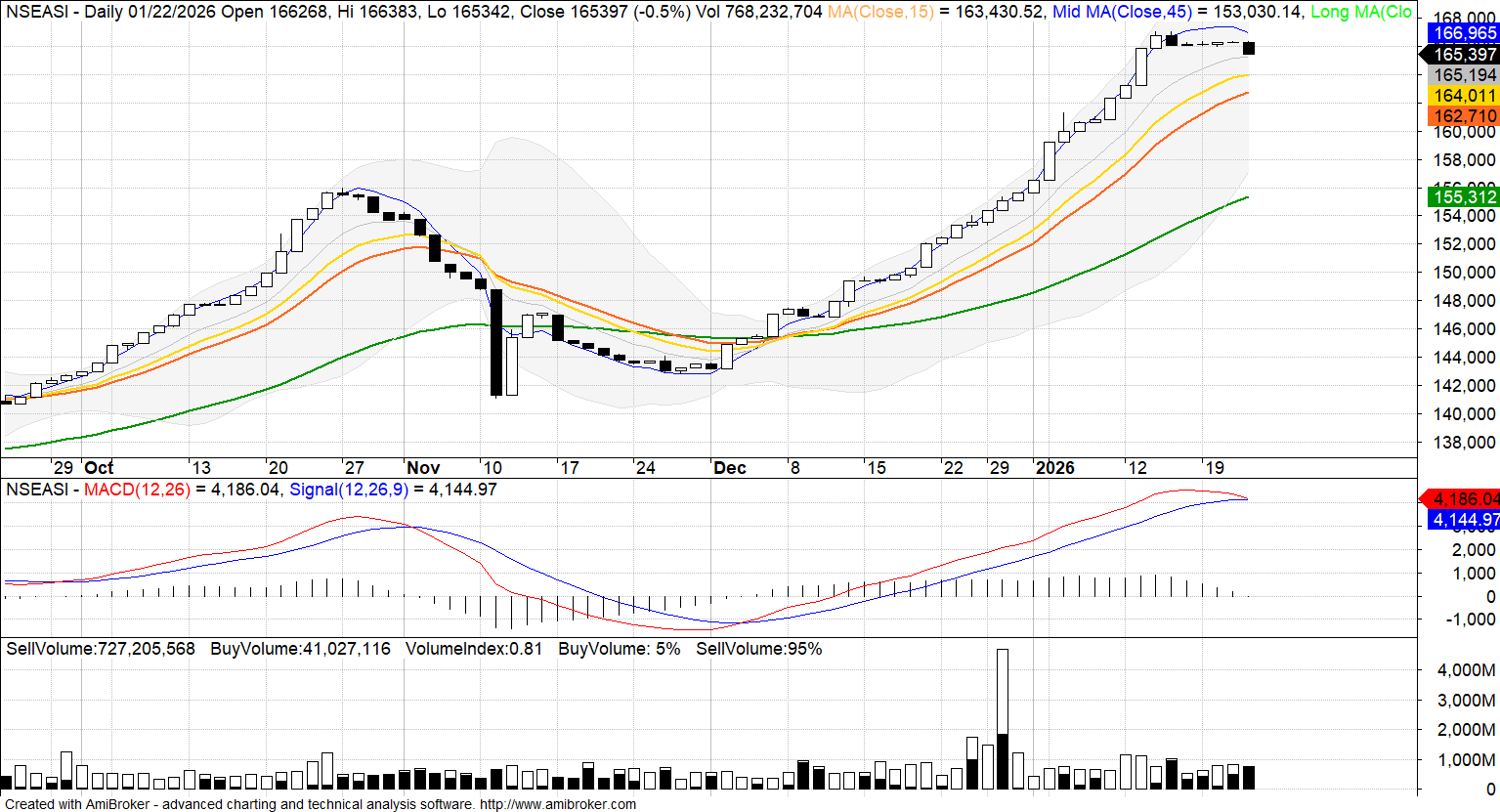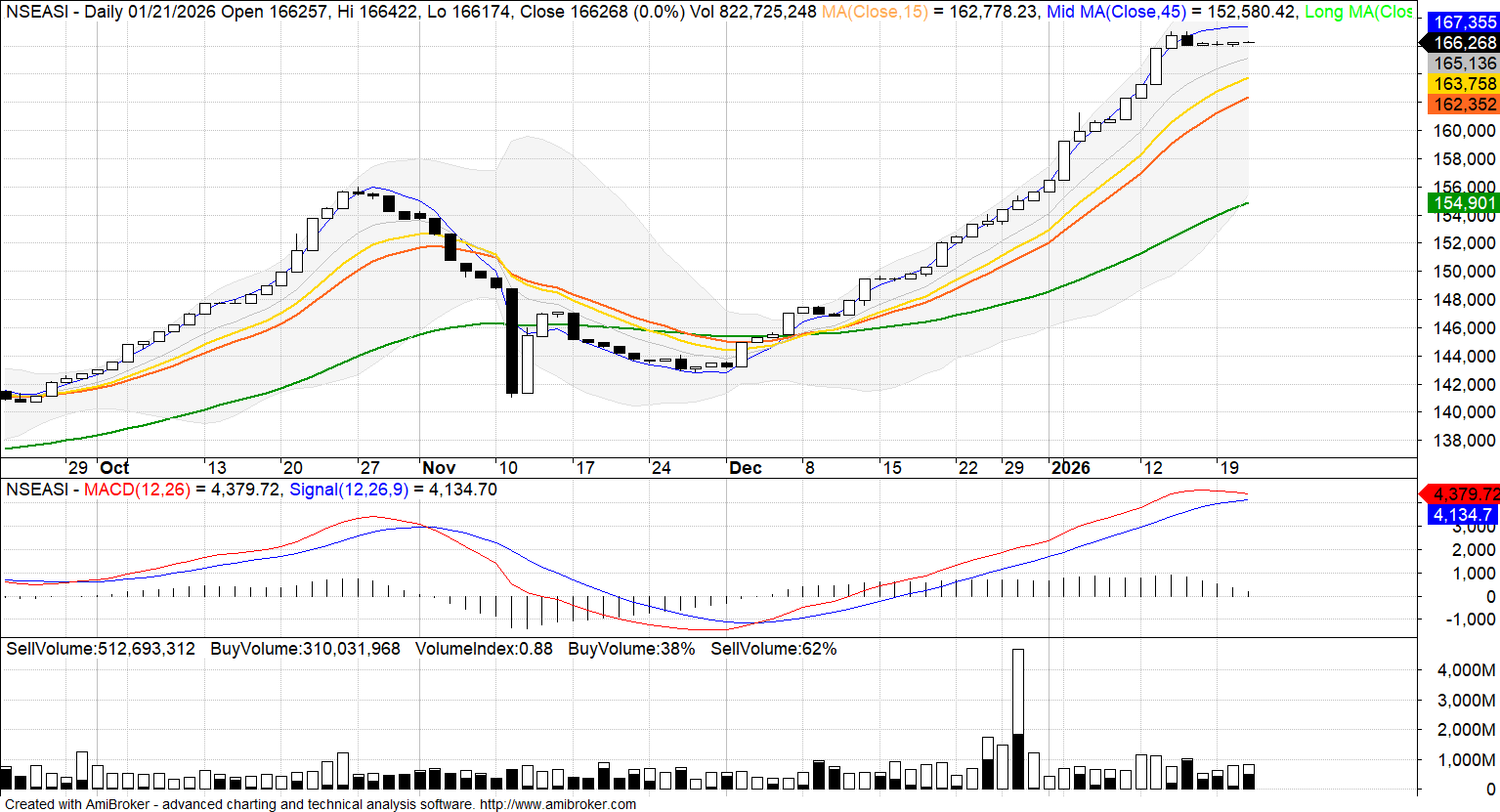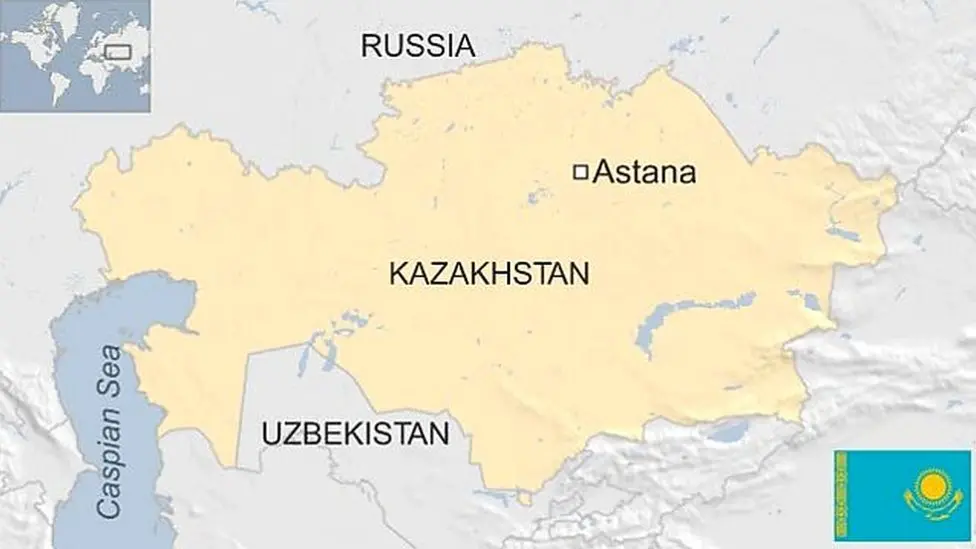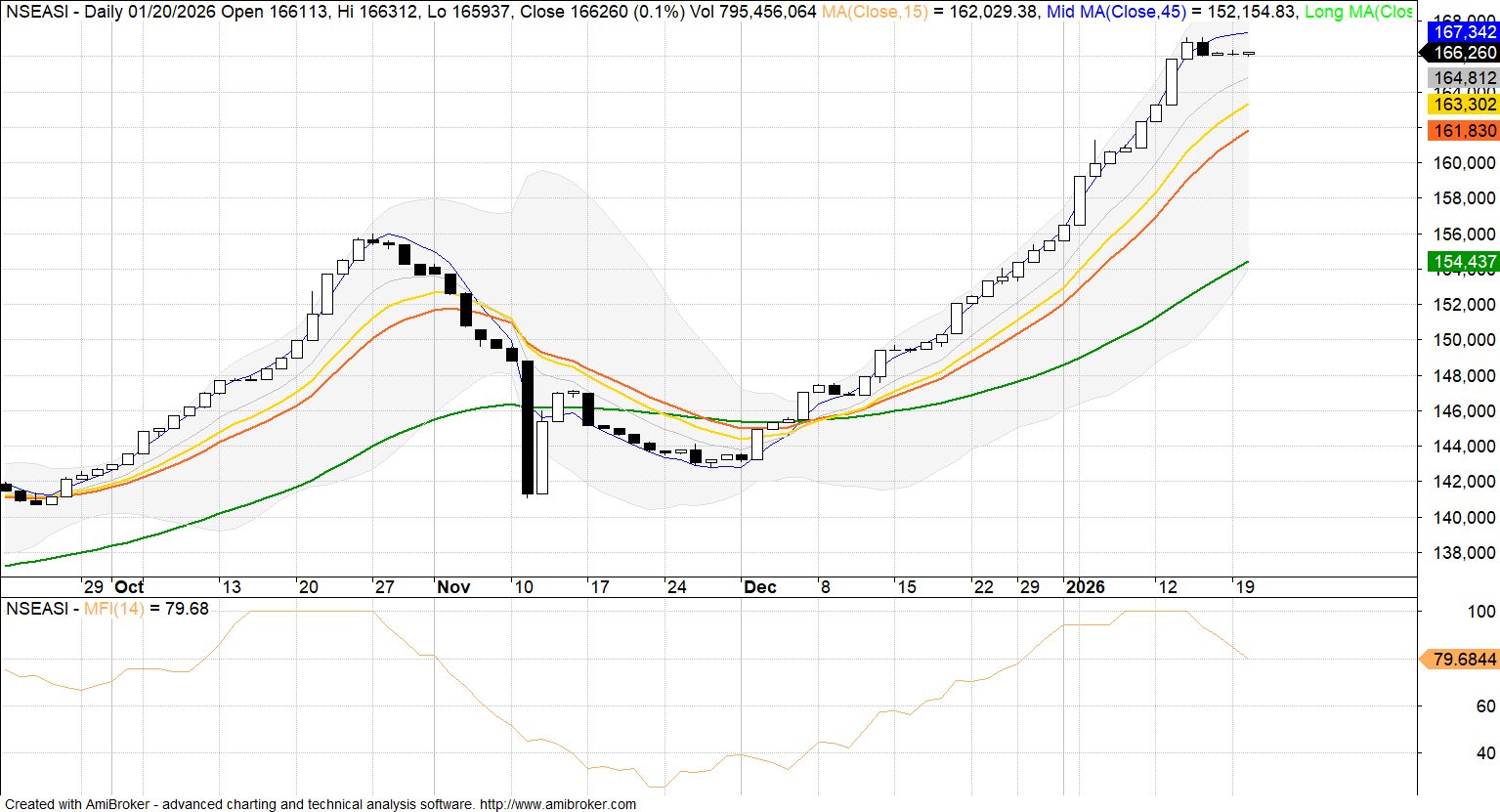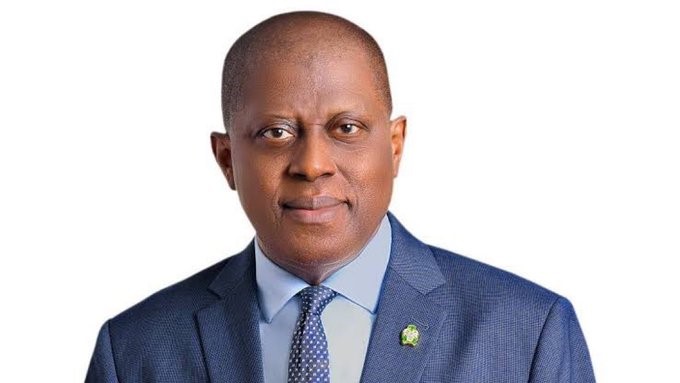
By Victor Ogiemwonyi
The decision of the Central Bank of Nigeria (CBN) to allow Bureau de Change operators (the retail end of the foreign exchange market) buy up to $25,000 at the official market (EFEM widow) is a well thought out strategy to moderate the Naira’s exchange rates.
In my opinion, the experiment which the CBN started on the December 19, 2024. and which expected to end by January 31, should be allowed to stay as it will ensure FX supply to this very important segment of the market. It will then ultimately moderate the country’s Exchange rate of the Naira.
We have observed that this end of the market has the tendency to stoke prices as we have seen in the prices in that segment of market. Rate there are consistently higher than those of the official CBN, and we always see moderation in prices, whenever the CBN intervenes and supplies US Dollars to that end of market.
The BDC segment of the market is the most accessible and, for that same reason the most frequently patronized of the FX windows by users. That notwithstanding, however, it has a small size, besides being is the most sensitive to price movements, just as it sets the rate for the FX market.
The role of BDCs can be likened to convenient stores in the neighbourhood Vs Supermarket chains. Their offering is more expensive, but are nevertheless convenient for users.
For instance, the requirement for documentation, usually required of those who want to purchase US$ at the official FX desks of banks are not necessary here. This makes them attractive to retail users as they offer fast convenient services.
I think the only requirements here should be for users to observe the KYC (Know Your Customer) rules for purchases higher than US$10,000. Such transactions should require documentation of whoever is buying and the purpose for record purposes only. In this regard, there has been a suggestion that, amounts bought, higher than that threshold should be through bank transfer only.
For instance, payment of school fees and health needs of any amount below the $100,000 minimum should happen at the BDCs end of the market.
This retail end of the market can be compared to what Microfinance banks are in the banking industry, and lately, Fintech Companies.
CBN’s broader intervention by funding the BDC end of the market is important to moderate rates in the FX market because, although there are more small players here, the daily FX rates are set here. Funding this end of the market, has more benefits than otherwise. incorporating them into the bigger FX market will help increase FX supply from the official market to that segment. This will ultimately lead to price discovery and moderation of FX rates. The total outlay of FX to this segment of the market is insignificant but significant in its impact on the market. Supply allocation to this segment of the market, will ensure, supply meets demand in this broader market and ensure prices are moderated.
First, the current operating licenses of BDCs should be reviewed upward as part of sanitised that segment to ensure they are run as proper businesses by responsible people.
The current move by the CBN to raise Capital requirements and put proper structures in place preparatory to formally incorporating them into the FX market system is a move in the right direction. The CBN must however ensure that there is free entry and free exit, while setting clear rules to guide their operation such that those willing to remain in the business can come in, while those who are unable to cope are allowed to exit.
A better organised market will be beneficial to all- operators and end users. The CBN must be careful not to unnecessarily upset the Apple cart like the last CBN did with Domiciliary Account operations, creating uncertainty unintentionally which led to the creation of more problems than any benefits. The last CBN management caused complications in the operations of Domiciliary Accounts, just when it was getting established as something good, contributing to proper management, of the FX market.
This was a big mistake.
If you look at the data for deposits into Domiciliary Accounts and operations, at that time, there was significant deposits, reaching about $25bn which helped to stabilise exchange rates during the period.
This deposits in the various Accounts in Nigerian banks was almost 50% of CBN FX Reserves in that period. This was a very important subsidy to the official FX available to the market. It was also beneficial such that the spread of the deposits in many customer accounts made it effective in its distribution and use by various customers. It became the first stop for users who were paying school fees, travel spend and other small need users.
This effectively, removed pressure from the official market, just as iit was also growing, and the free entry and free exits of these deposits, made it convenient for users. There was no documentation required and you could pay in cash and withdraw cash, until some falsely thought this was where the politicians kept their stolen money and needed to be blocked without thinking of how such move will affect the economy.
The reactions from users resulted in hurried flight to safety which significantly depleted the deposits. Subsequent, reversal of policies to bring them back, has not worked well. Though we now have up to $26bn in deposits, because of the relaxation of its operation by the current CBN leadership. We could have had more than double this current size without the unnecessary interruptions.
The key to getting the benefits of a good policy is when it is clear and consistent.
I had written in July of 2023 that for the current reforms to work, policy stability will be key. The time required for price discovery for the Naira will be longer than we think. While we are not there yet we are on our way there. The CBN has done well by not engaging in panic measures, just as the current management have been consistent in formulating policies capable of enhancing the market.
I had also predicted at the end of 2023 when the Naira first crossed the N1000 to the Dollar mark and many feared that the country was heading into a currency crisis, that that my expectation for the price of the Naira, will be around N1500 to the Naira. This was no crystal ball it was based on just looking at the relative strength of other currencies of countries similar to Nigeria’s economy.
For example, the South Korean currency the “ WON,“ for instance, exchanges for 1350/US$1, notwithstanding the fact that it is a more productive economy with a smaller population. It will, therefore, be irrational to expect the Naira to trade higher. I suspect that we will have to live with this current rate as it ranges between N1500 and N1600 for sometime.
It is interesting that Nigeria’s 2025 Appropriation Bill presented to the National Assembly is based on N1500/US$ as exchange rate for converting Dollar earnings to the Naira.
The response of the economy so far seems to have confirmed that realigning the Naira with real market price is the right thing to do. We are exporting more, importing less and achieving a better balance of payment, for our economy.
Growth has also started to sprout. We have a long way to go and we must stay the course.
- Ogiemwonyi, a retired Investment Banker, and writes from Ikoyi Lagos.


